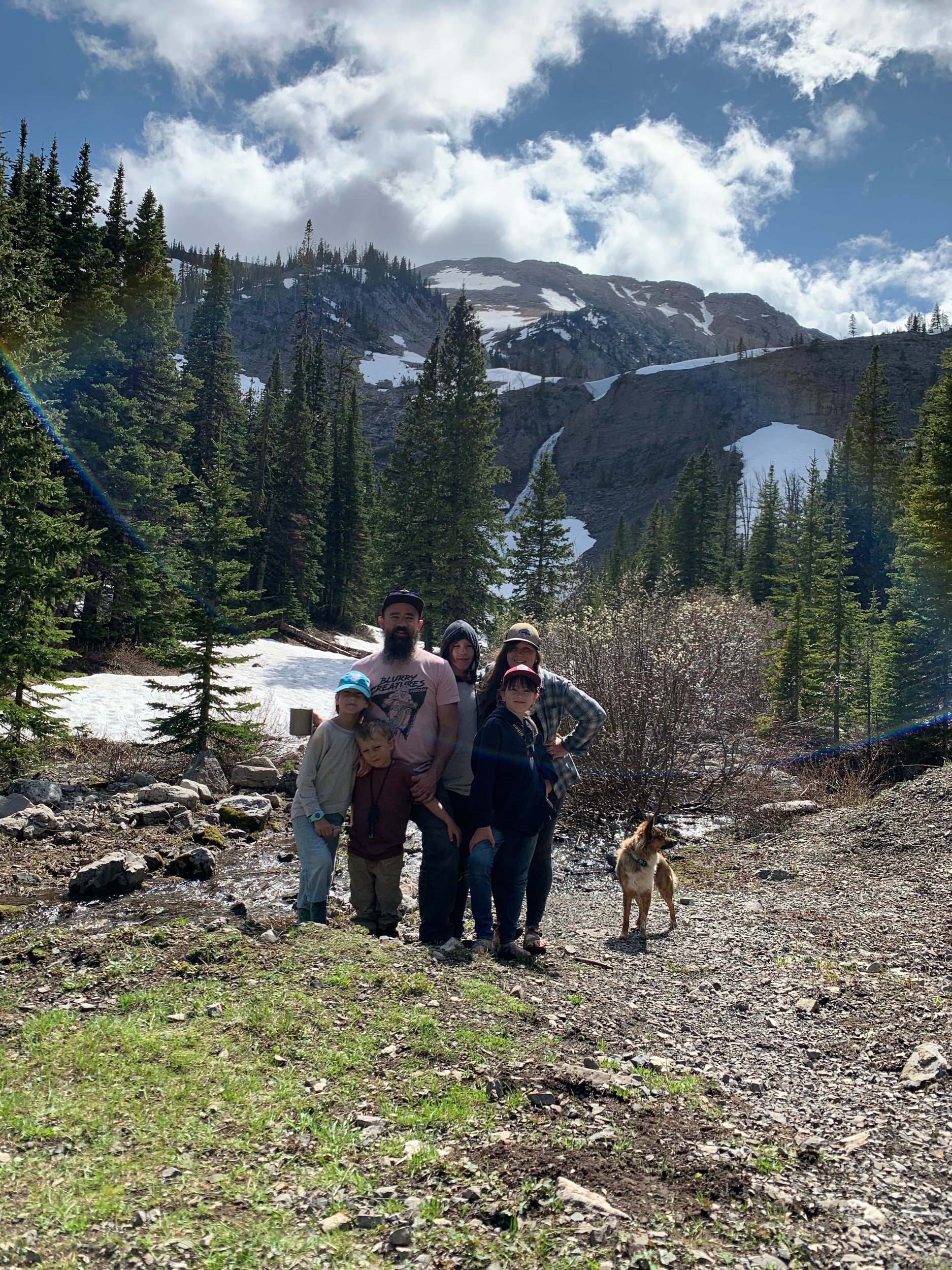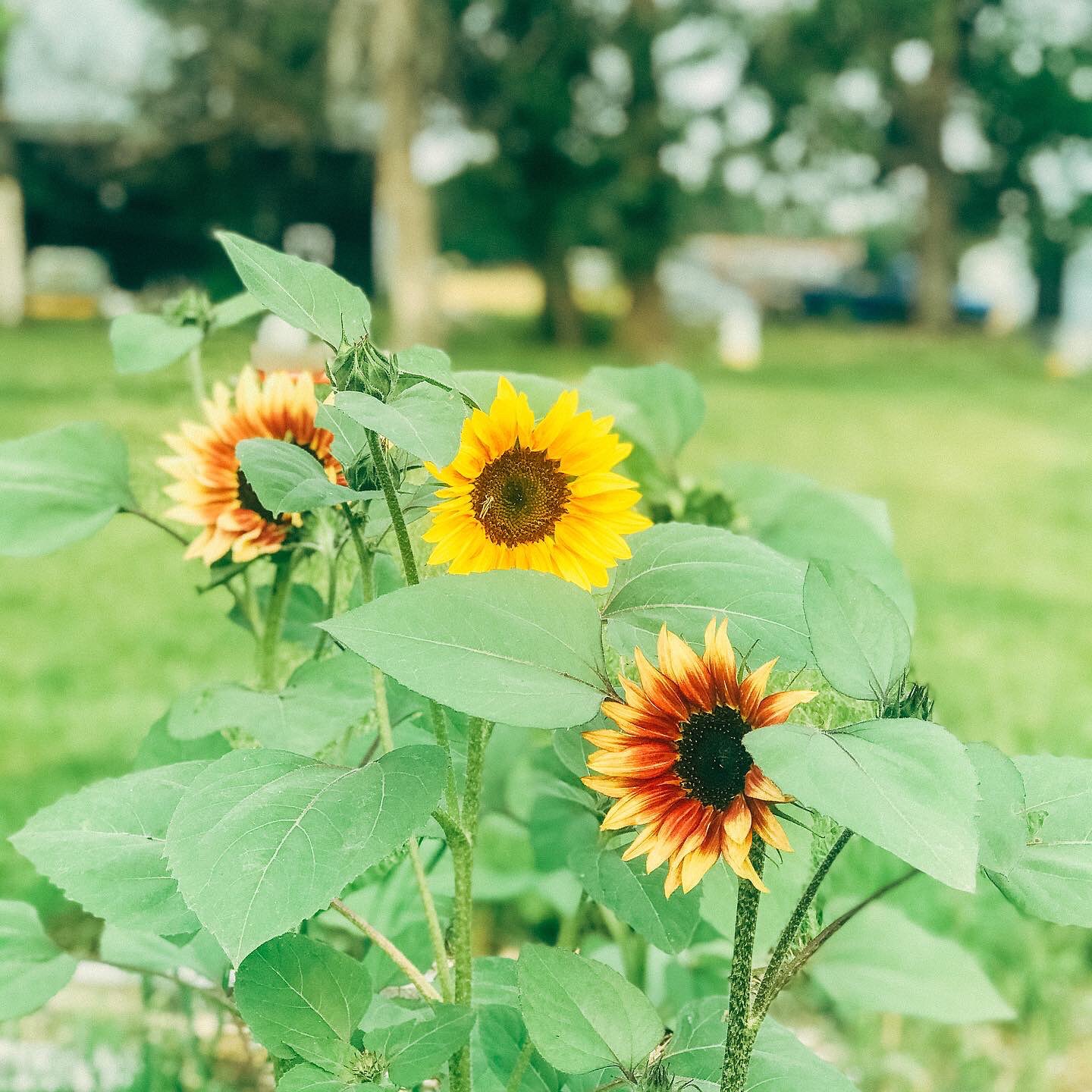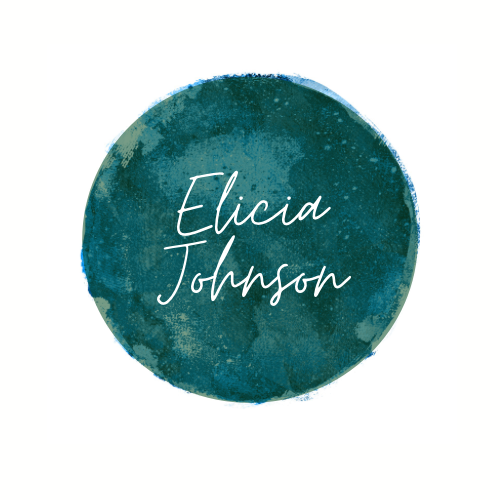
When I can’t fit my thoughts in my regular newsletter, I come here to ramble, sometimes even eloquently. As a jack-of-all-trades type, the topics vary greatly. You’ll find stories behind my paintings, short stories and essays on anything from agriculture to intentional living to cultural issues. If you don’t like one post, maybe don’t give up until you’ve tasted a few.
Often, I’m mentally chewing on some big things and just want to send my thoughts out to the void, secretly hoping for some solidarity.
Always, I strive to filter these thoughts through a sieve built with love.
Thoughts, updates, stories…
With Love, Elli

On FOMO and Curating
For me, though I need to use better discernment regarding how much time I spend hiking, gardening, painting, writing and marketing, the former (enjoying nature) fuels the latter. They all (except marketing, which I would happily delegate along with the cooking) feed my tank for loving my family and others that God brings along. I think it’s important to create sacred rhythms (habits with flexibility) that are continually restoring our should for beautiful things, both work and play.

The Way We’ve Always Done It
Once there was island nation called Potamus, where the trees grew short and stout and the residents lived on seaweed. The island was volcanic, and frequent eruptions of hot gas singed the treetops and forced the rain forest to grow out rather than up. The volcano was only middle-aged and mostly friendly. It still lay low in the center of the island rather than a mountain looming high over it. It would remain so for centuries to come for it was content to bubble and puff rather than build itself up with lava at the cost of destruction of life on the ring of land.
The creatures who lived on Potamus were gray and bulbus, with long tubular noses.

On Stewardship, Slowness and Connection
Remaining disconnected from broken humans and animals that know a thousand ways to die may seem the easier route, but it’s infinitely less satisfying. Much like the health benefits from choosing regenerative farming, choosing to make disciples comes with incalculable benefits, life abundantly. We can all sit and remain “blissfully ignorant” consumers. I won’t pretend that there isn’t pain in watching an addict relapse or a child struggle in an incredibly difficult home. I won’t pretend that it’s easy to encounter my own flesh as we plow, sow and harvest alongside other believers. But friends, the growth and joy and drawing deep into Jesus is more bliss than any ignorance can pretend to give.


Winter (dis)Contentment - You can’t hygge without gratefulness.
Isn’t it just like us humans? We work hard and play hard all summer long. On a farm, that means watering, weeding, rotating pastures, and turning compost in between trips to the river. And for what? So we have nutritious food to eat all winter long and have supplies for beautiful handmade goods over cheap imitations. By the time Autumn comes, most of us gardeners and farmers are worn out enough to appreciate the first frosts as a signal to slow down. Somewhere inside, we know we need the rest. And yet we are quick to loathe the season for it.
